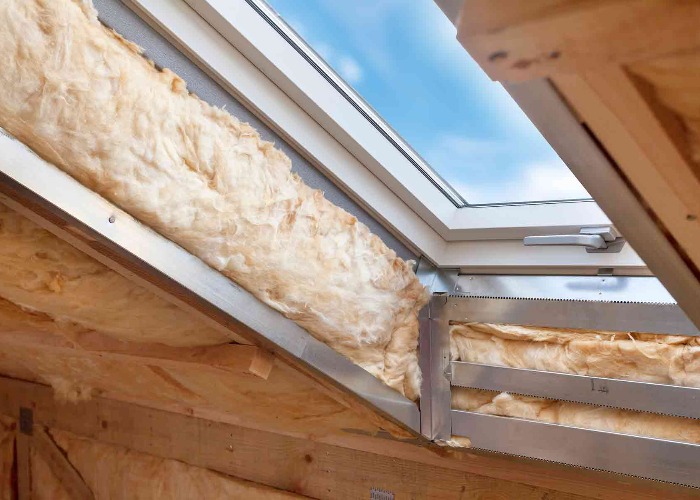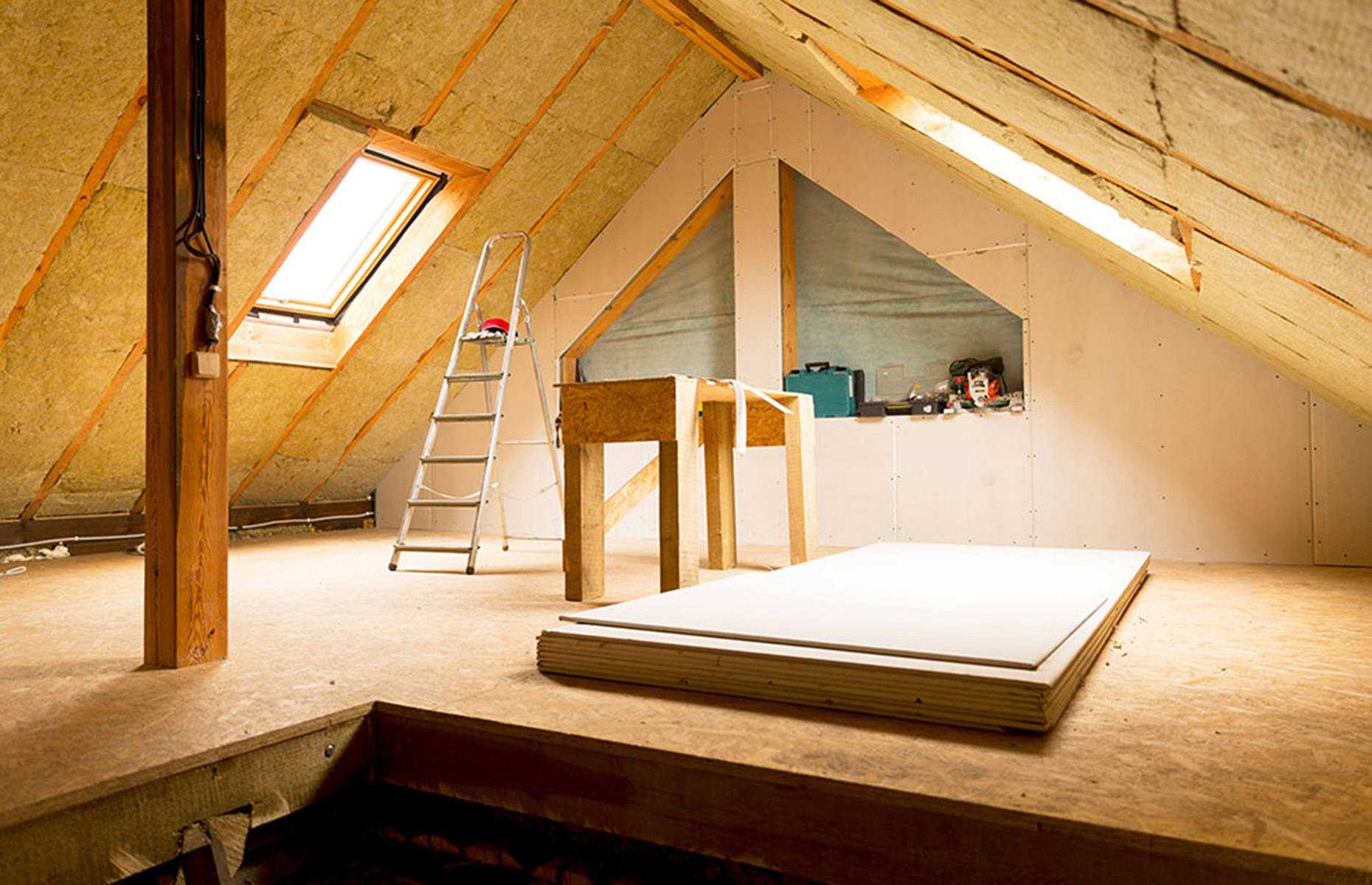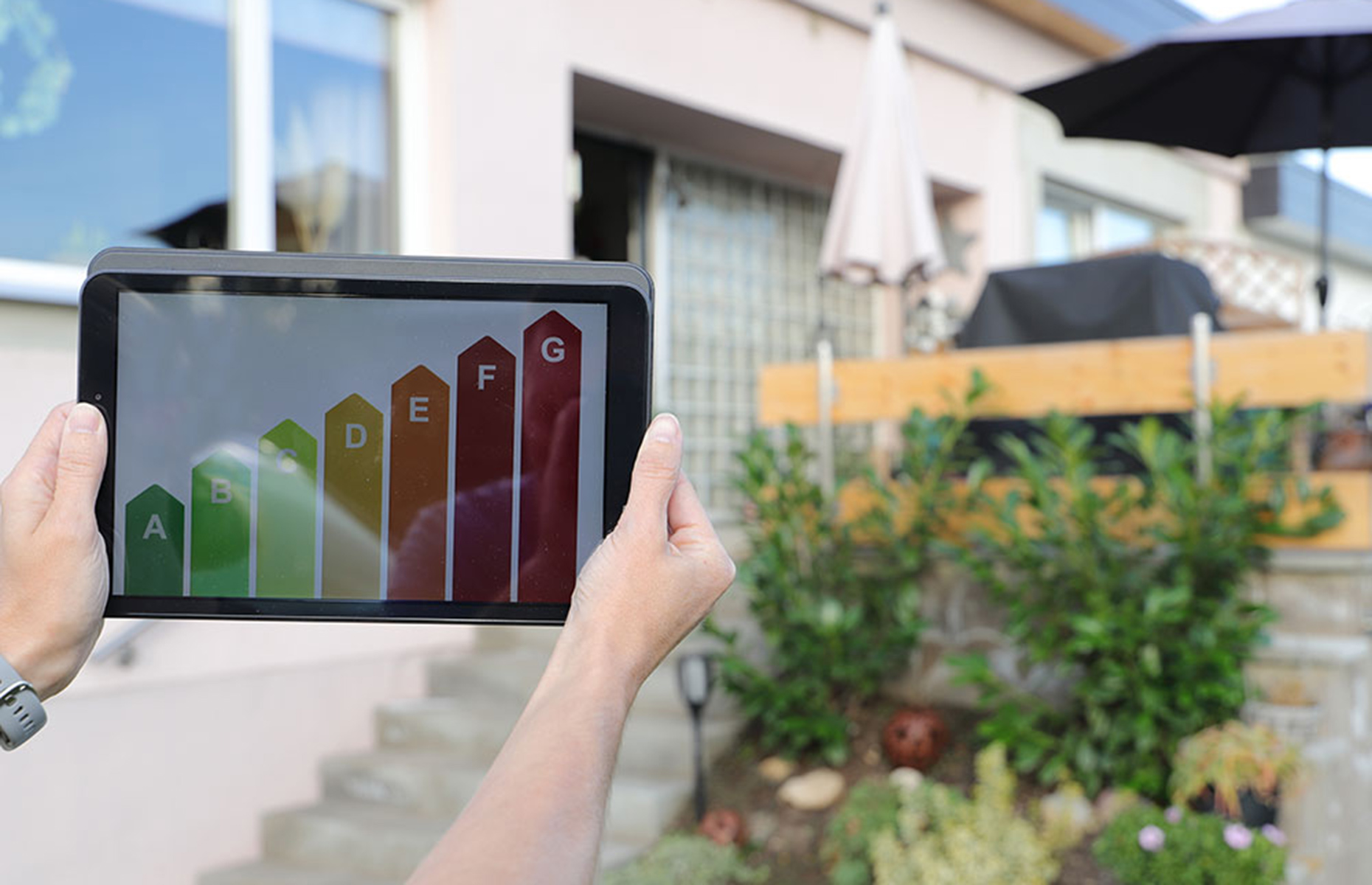Are you eligible for the new ECO+ insulation grant to reduce energy bills?

With rising energy costs continuing to hit households, are you in line for insulation support?
A government scheme to help lower-income homes become more energy efficient is being expanded to include lots more households who have missed out on support before, potentially resulting in savings of up to £310 per year—could yours be one of them?
Read more: How much does an air source heat pump cost?
In his autumn budget, Chancellor Jeremy Hunt set a target to reduce the UK's energy demand by 15% by 2030. This bold new aim is being supported by a £6 billion investment from the Department for Business, Energy & Industrial Strategy (BEIS).
Starting in spring, £1 billion of that funding will go towards supporting those living in the country's least energy-efficient properties and homes that fall within the lowest council tax bands to pay for measures to make their homes more energy efficient, saving them money in the long run.
What is the ECO+ scheme?
Though it’s being marketed by the BEIS as a “new” £1 billion initiative, ECO+ is an expansion of the existing ECO scheme.
The ECO Scheme, or Energy Company Obligation, was launched in 2013 with the aim to reduce fuel poverty and carbon emissions by placing an obligation on medium-to-large energy suppliers to support customers in the UK’s lowest-income households by providing grants that result in reduced energy usage. These actions include installing insulation or upgrading heating systems.
Though it’s had several iterations over the years, until now, the scheme's focus has always been on the most vulnerable, fuel-poor homes, such as those in social housing or receiving means tested benefits.
Fuel poverty is defined by those households who have to spend a large percentage of their income to heat their homes to a reasonable temperature—it varies in different parts of the UK but usually refers to around 10% of the household's income or more.
However, with the ECO+ scheme, which will start in April 2023 and run for three years, the government will be rolling out the same support to an increased number of households. Though the government says the scheme will “predominantly” focus on low-cost measures such as cavity and loft insulation, consultation is currently underway to include other measures such as roof insulation, solid floor insulation, and secondary heating controls. The government estimates that the average cost per home will be £1,500.
How much could you save on fuel bills?
 Image credit: 2017 Arturs Budkevics / Shutterstock
Image credit: 2017 Arturs Budkevics / Shutterstock
The government estimates that the scheme could save households an average of £310 per year, though energy savings will depend on the size of your home and the measures you take.
The Energy Savings Trust says that adding cavity wall insulation to a three-bedroom semi-detached house, for instance, could save up to £395 per year and combined with other measures, savings could be much more.
Insulation measures based on a three-bed semi-detached house
| Measure | Initial cost (to be paid for through a grant) | Annual savings |
| Cavity wall insulation | £1,000 | £395 |
| Loft insulation | £640 (for 270mm of insulation) | £355 |
| Draught proofing | £223 | £125 |
Who is eligible for the insulation fund?
Though still aimed at lower-income and vulnerable homes, the expanded scheme will now also include households where the home has an energy performance certificate (EPC) of D or below and a Council Tax band of A-D in England, A-E in Scotland, or A-C in Wales.
The BEIS says that 80% of the funds are expected to go to people who are not currently eligible under other energy efficiency government schemes.
 Image credit: 2021 mahc / Shutterstock
Image credit: 2021 mahc / Shutterstock
EPCs grade the energy efficiency of a home by looking at aspects such as insulation and glazing to see what has been done to reduce energy use. The closer the grade is to A, the more efficient it is deemed to be. According to research by the BBC, as many as two-thirds of UK homes fall below EPC band C. The government’s long-term aim is for all homes to meet grade C standards by 2035.
Eligibility applies to all households, whether they are private, rented, or social housing properties.
A statement from BEIS said: “The new ECO+ scheme will extend support to those who do not currently benefit from any other government support to upgrade their homes. Joining the existing £6.6 billion ‘Help to Heat’ energy schemes this new £1 billion funding will ensure hundreds of thousands more households benefit from new home insulation and with that, lower bills.”
How do you apply for the ECO+ scheme?
It’s yet to be announced how households who think they are eligible should apply for the grants but it’s likely that this will be done through your energy supplier.
Once applications open, your energy supplier will conduct a survey to assess what measures are needed and will then pay for the recommended improvements.
More ways to reduce energy costs
The government will also be launching an £18 million public information campaign advising households of additional ways they can reduce energy use in their home while staying warm this winter.
Tips will include:
- Reducing boiler temperature from 75⁰C to 60⁰C to lower the temperature before it reaches radiators—which it says makes no difference to the temperature of the room.
- Turning off radiators in empty rooms.
- Draught-proofing windows and doors.
The government says these small measures could result in a £160 annual reduction in the household’s energy bill.
Read more: The UK’s most expensive region for energy revealed
Main photo: brizmaker/Shutterstock
Comments
Be the first to comment
Do you want to comment on this article? You need to be signed in for this feature